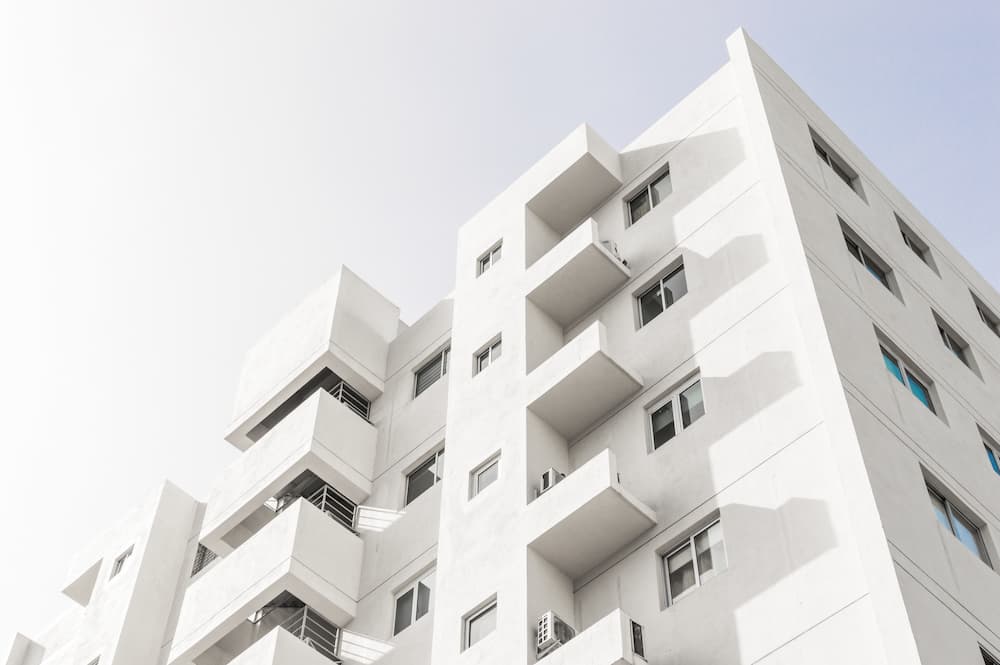In May 2023, Law 12/2023, for the Right to Housing, marked a turning point in the regulation of the housing market in Spain, establishing a renewed legal framework after an extensive negotiation process that culminated in its publication in the Official State Gazette (BOE) on 25 May 2023. This ambitious legislation seeks to balance the dynamics of the housing market, promoting accessibility, preventing eviction situations and moderating rental prices especially in areas defined as stressed zones.
Aware of the relevance of these modifications and their impact on the sector, 1Mast has set out to break down and clarify the crucial elements of this legal update. Our aim is to offer a comprehensible analysis of the most significant novelties introduced by the law, focusing on how these will influence both landlords and tenants in the real estate sector. With this guide, we aim to enable our clients and readers to navigate more confidently and knowledgeably through the recent transformations in the housing market.
New Housing Law: Most important changes
One of the most significant reforms introduced by the new legislation is the revision of the criteria for classifying an area as a ‘stressed area’. This concept is crucial, as it determines the areas where specific measures will be applied to control rising rental prices. The updated conditions for declaring an area as stressed now include, but are not limited to:
- A rent price increase that exceeds the cumulative CPI over the last five years by more than 3%.
- An average mortgage or rental cost that represents more than 30% of the average household income in the area in question.
It is important to note that the geographical extent of a ‘stressed area’ can vary considerably, ranging from small micro-areas to regions as large as an entire Autonomous Community.
In addition, the definition of ‘major landlords’ has been modified to identify as such landlords owning more than 10 properties. This category may also include owners of 5 or more dwellings located in the same stressed area, upon specific request from the relevant Autonomous Community. This redefinition broadens the scope of policies aimed at regulating housing rental and sales practices, seeking to balance the market and protect tenants.
Rent regulation according to the new Housing Law
The new Housing Law has introduced far-reaching changes in the regulation of renting, with the aim of increasing protection for tenants and bringing stability to the market. One of the most important aspects is the updating of the rent update system. From January 2024, the annual updating of rents will be decoupled from the Consumer Price Index (CPI), establishing a maximum limit of 3% for this updating.
In addition, the introduction of a new reference index for updating rents is anticipated in 2025. This index, developed in collaboration with the National Statistics Institute (INE), promises to be more stable and to represent more accurately the economic variations affecting the housing sector. Although the specific details of this index are still being defined, it is expected to contribute to greater predictability and fairness in the rental market.
The law also establishes that the costs and fees associated with the property management of rental contracts must be borne by the landlord. This represents a significant change aimed at reducing the financial burden on tenants who, under the previous framework, were often obliged to cover these costs. The implementation of this measure can lead to considerable savings for tenants, contributing to the accessibility and affordability of rental housing.
In addition, the law expressly prohibits the increase of the rent by including new charges, such as those related to community services or municipal fees. This provision seeks to avoid practices that may result in unjustified increases in housing costs for tenants.
New situation of evictions under the new Housing Law
A crucial change in the New Housing Law is the prohibition to execute evictions without a clearly established predetermined date, introducing also the possibility to request exceptional extensions in eviction procedures for periods of more than two years, under certain conditions of vulnerability.
The Autonomous Communities play a vital role in this new framework, as they are given the capacity to develop and implement their own mediation mechanisms and alternative housing solutions. These solutions are designed to offer appropriate and personalised responses to the needs of those at risk of homelessness.
In addition, the use of state funds earmarked for housing is envisaged to create rent subsidy programmes. This approach seeks to provide a more robust safety net for people facing eviction situations, facilitating access to housing alternatives that prevent homelessness.
To ensure effective intervention in cases of vulnerability, the law improves coordination between judicial bodies and social services. This allows for a rapid assessment of the situation of those affected and the search for housing solutions before an eviction is carried out. In addition, it introduces the possibility of an extraordinary extension for the tenant after the end of the contract, for annual terms and up to a maximum period of three years, in circumstances of proven vulnerability.
Tax benefits for landlords
The new Housing Law establishes significant incentives for landlords categorised as small holders, i.e. those who own a limited number of properties in areas declared as stressed. In order to encourage the supply of affordable rental housing, these owners will be able to enjoy personal income tax benefits when placing their properties on the rental market.
The legislation specifies tax benefits of up to 90% reduction in net rental income, provided that they undertake to reduce the rental price by at least 5% compared to the reference index for their area. This measure aims to alleviate pressure on the rental market and facilitate access to housing at fairer prices.
Other measures in the housing law
In addition to encouraging landlords to offer affordable rents, the new law introduces a series of measures aimed at controlling and moderating both rental and housing prices in the Spanish market:
- Affordable Housing Promotion: It establishes the obligation for new housing developments to reserve at least 50% of the dwellings for the public housing stock, exceeding the previous minimum of 30%. This provision seeks to increase the availability of affordable and protected housing, facilitating access to it for a greater number of citizens.
- Promotion of the Construction of Affordable Housing: The commitment to the construction of affordable housing is reaffirmed, through the incentivisation and creation of a social housing fund aimed at forming and expanding the public housing stock, thus providing more housing options for the most needy sectors of the population.
- Regulation of Empty Homes: To combat the problem of empty homes and stimulate their incorporation into the market, an increased tax burden is introduced in the Real Estate Tax (IBI), which can reach up to a 150% increase. This surcharge seeks to discourage the speculative retention of unoccupied dwellings, promoting their effective use and contributing to the rental supply.
At 1Mast Real Estate in Fuengirola, we are committed to keeping our clients and partners fully informed about the implications of the new housing law. Our agents are ready to provide expert, up-to-date advice, ensuring that landlords and tenants can confidently navigate the changing landscape of the property market under this new regulation.




